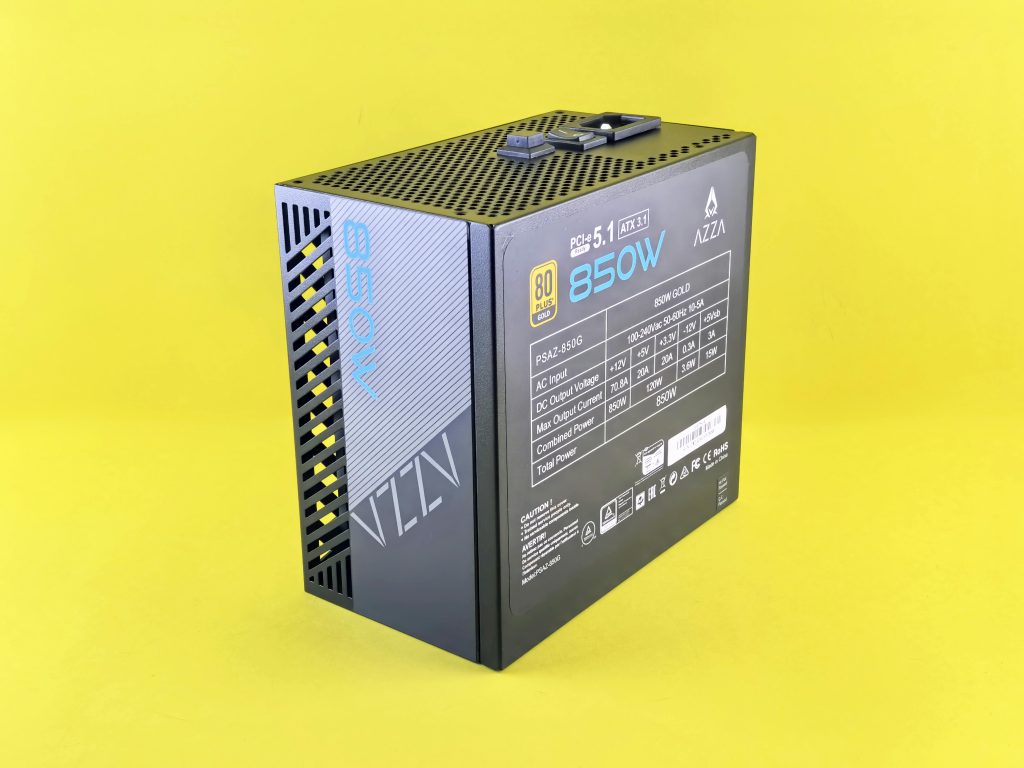Diagnosing Game Crashes: A Professional Approach to Event Viewer Logs and System Troubleshooting
Experiencing crashes when launching video games can be frustrating, especially when they occur with titles from the same developer. If you’re encountering similar issues with games like Elden Ring and Sekiro, and suspect that your previous system cleanup efforts may be the cause, it’s important to adopt a systematic troubleshooting methodology.
This article provides a structured approach to diagnosing such problems by analyzing Event Viewer logs, considering potential causes, and outlining effective debugging strategies.
Understanding the Context
The user reports that both Elden Ring and Sekiro crash on startup, with occasional Steam restarts following failure. The last known action involved extensive use of RevoUninstaller several months ago, which might have affected system files or shared components.
Initial troubleshooting steps taken include:
- Updating drivers and Windows
- Reinstalling the games and Steam
- Running system file checker (sfc /scannow)
- Adding exceptions to Windows Security
- Disabling overlays (Steam and Nvidia)
Despite these, the crashes persist.
Interpreting Event Viewer Logs
Event Viewer is a vital tool for diagnosing Windows application crashes. The user provides a link to a crash report for Elden Ring:
While the specific logs aren’t included here, a common pattern involves crashes terminating at System32 entries, which could indicate issues with system files or corrupted components.
Key points to analyze in Event Viewer logs:
- Error Type and Source: Identify the error source (e.g., Application Error, System Error) and the specific component involved.
- Faulting Module: Check which DLL or executable caused the crash.
- Stack Trace / Fault Offset: Look for recurring modules or drivers involved.
- Recent Changes: Consider known issues related to recent system modifications or updates.
Potential Causes and Focus Areas
Based on the provided context, here are common underlying issues for game crashes with similar symptoms:
- Corrupted System Files: Even after running sfc /scannow, some files may not be repaired, or issues could be more complex.
- Shared Dependencies: Over-aggressive uninstallation might have removed or damaged shared libraries (e.g., DirectX, Visual C++ redistributables).
- **
Share this content:



